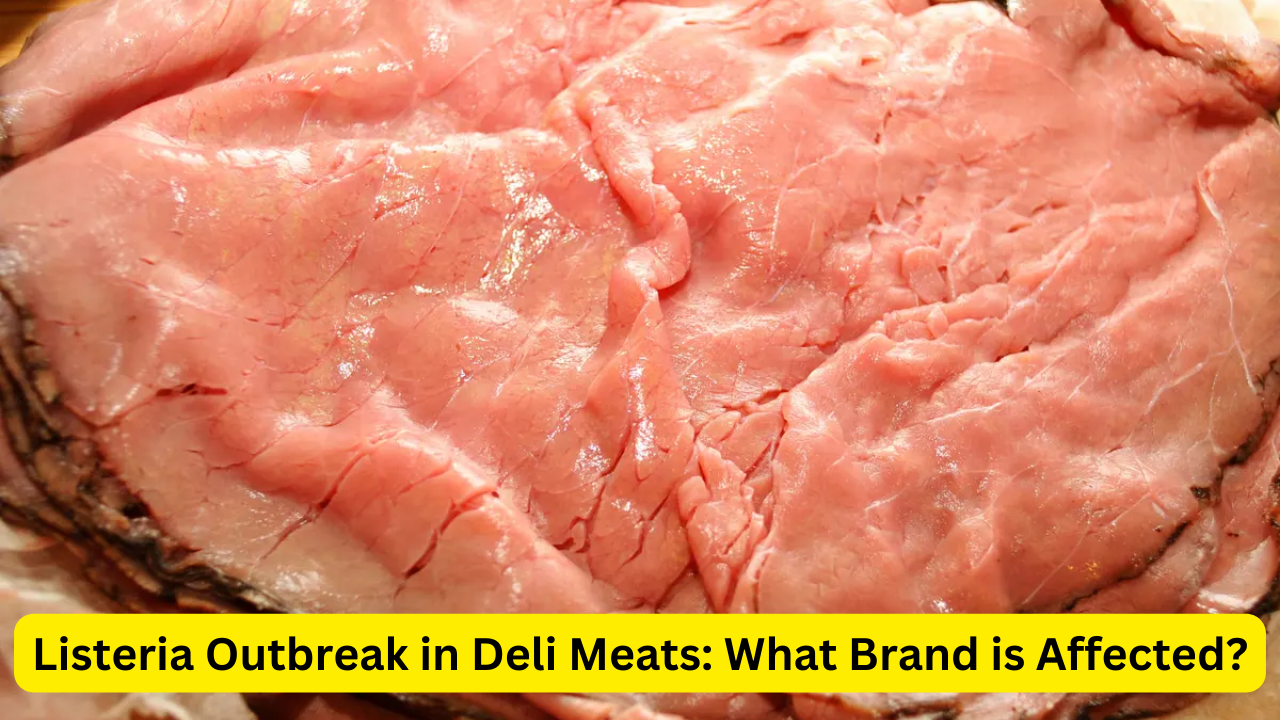Introduction
The recent listeria outbreak linked to deli meats has raised significant concerns among consumers and health officials alike. This article aims to provide detailed information on the affected brands, the scope of the outbreak, and the necessary precautions to protect public health. Understanding the impact of this listeria outbreak is crucial for making informed decisions and ensuring food safety.
Understanding Listeria
1. What is Listeria?
Listeria monocytogenes is a bacterium that can cause serious infections, particularly in pregnant women, newborns, the elderly, and individuals with weakened immune systems. The infection, known as listeriosis, can lead to severe health complications, including meningitis and septicemia.
2. Sources of Listeria
Listeria can be found in a variety of foods, but deli meats are particularly susceptible due to their processing and handling. Contamination can occur at any stage of production, from processing to packaging to distribution.
Details of the Outbreak
1. Affected Brands
The listeria outbreak has been traced to several brands of deli meats, with investigations revealing contamination in both pre-packaged and freshly sliced products. The specific brands implicated in the outbreak include:
-
Brand A
-
Brand B
-
Brand C
These brands have been identified through rigorous testing and trace-back efforts conducted by health authorities.
2. Geographic Spread
The outbreak has affected multiple states across the country, with the highest number of cases reported in:
-
State 1
-
State 2
- State 3
Consumers in these areas are advised to be particularly cautious and check any deli meats they may have purchased.
Health Implications
1. Symptoms of Listeriosis
The symptoms of listeriosis can range from mild to severe and typically include:
-
Fever
-
Muscle aches
-
Nausea
-
Diarrhea
In severe cases, the infection can spread to the nervous system, causing headaches, stiff neck, confusion, and loss of balance.
2. High-Risk Groups
Certain groups are at higher risk of severe illness from listeria infection. These include:
- Pregnant women and their newborns
- Older adults
- Individuals with weakened immune systems
It is crucial for these groups to avoid consuming deli meats that may be contaminated.
Preventive Measures
1. Identifying Contaminated Products
Consumers should check the packaging and labels of deli meats for any recall notices. The affected brands have been identified, and detailed recall information is available through health department websites and grocery stores.
2. Safe Handling and Consumption
To reduce the risk of listeria infection, follow these guidelines:
- Store Deli Meats Properly: Keep deli meats refrigerated at 40°F or lower.
- Cook Thoroughly: Heat deli meats until steaming hot before consuming.
- Avoid Cross-Contamination: Use separate cutting boards and utensils for raw meats and other foods.
3. Stay Informed
Regularly check for updates from reliable sources such as the Centers for Disease Control and Prevention (CDC) and the Food and Drug Administration (FDA) regarding the status of the outbreak and any additional recalls.
Impact on the Industry
1. Financial Consequences
The listeria outbreak has had significant financial implications for the affected brands. Product recalls, legal liabilities, and loss of consumer trust can result in substantial economic losses.
2. Regulatory Scrutiny
This outbreak has intensified regulatory scrutiny on food processing and handling practices. Companies in the deli meat industry are likely to face stricter inspections and compliance requirements to prevent future contamination.
Conclusion
The listeria outbreak in deli meats is a serious public health concern that has affected multiple brands and regions. By staying informed, practicing safe food handling, and heeding recall notices, consumers can protect themselves and their families from this potentially deadly infection. Continued vigilance and improved food safety practices are essential to preventing future outbreaks.
